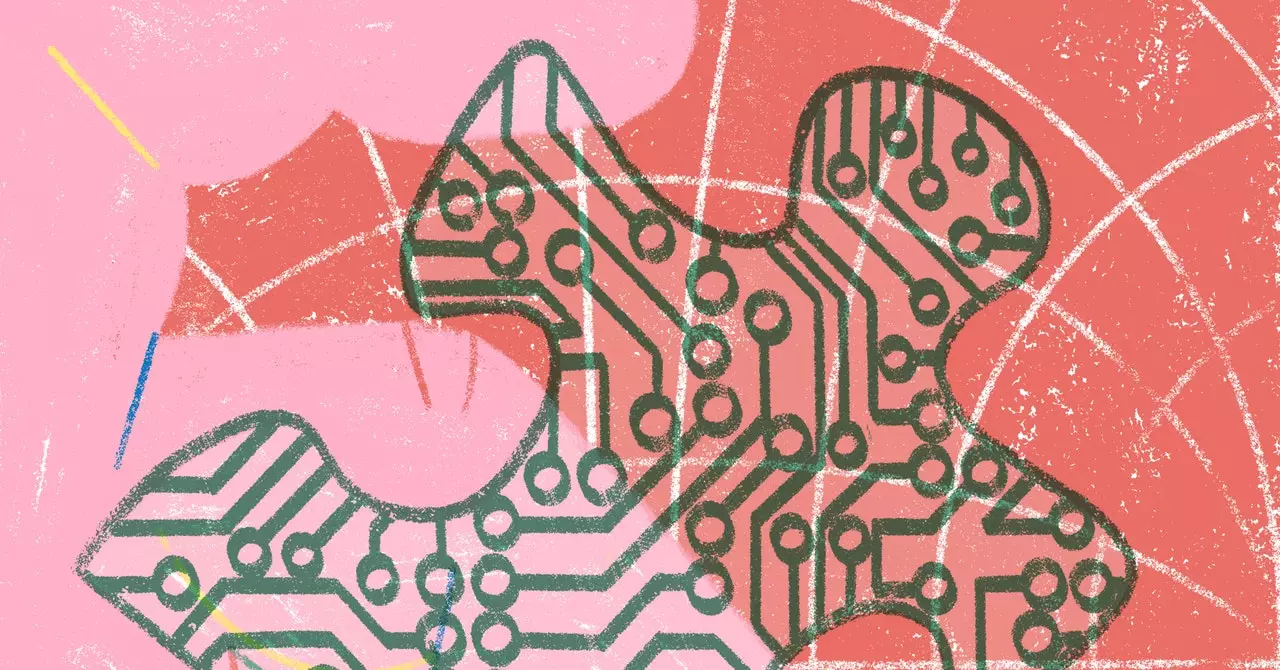The narrative criticizing Big Tech has gained notable traction and transitioned from niche discussions to widespread consensus. Voices from diverse political backgrounds, mainstream commentators, and even figures within the tech industry are uniting to challenge the status quo. Notably, venture capital firms like Y Combinator and a16z are beginning to advocate for “little tech,” emphasizing a shift towards decentralized technology solutions that prioritize individual creativity and local innovation over the monopolistic tendencies of large corporations. This coalition of dissent highlights a critical reassessment of the value and impact of centralized technology infrastructures.
Centralization carries inherent risks that have become all too poignant in our current landscape. The ramifications of placing tremendous power in the hands of a select few players have reached a tipping point. The substantial reliance on a handful of dominant platforms exacerbates issues such as surveillance and information manipulation, which are no longer relegated to dystopian storytelling but constitute real threats. The CrowdStrike outage in mid-2024, a significant failure triggered by negligence on the part of Microsoft, starkly illustrated the vulnerability of critical infrastructure connected to centralized systems. The effects were palpable: hospitals unable to treat patients, banks unable to process transactions, and essential services ground to a halt globally. Such events have stirred public awareness and skepticism towards the existing tech giants.
Perhaps more concerning for the giants of Silicon Valley is the waning enthusiasm for artificial intelligence (AI), an area where considerable financial resources have been funneled. Notable investors like Goldman Sachs and Sequoia Capital have voiced their unease regarding the AI sector’s sustainability, particularly in light of the escalating investment requirements contrasted with a dubious market fit. The allure of AI is dwindling as stakeholders become increasingly aware of its inherent challenges, especially in its interaction with privacy concerns. As society becomes more privacy-conscious, evidenced by the growth of secure messaging platforms such as Signal, the technological solutions being developed seem increasingly conflicting.
The troubling intersection of AI technologies and individual privacy illustrates a looming paradox. For instance, Microsoft’s Recall product, aimed at granting users an unparalleled memory experience, necessitates capturing sensitive on-screen data that many might consider an invasion of privacy. The tensions between innovation and ethical responsibility are palpable; as AI becomes more entrenched, the erosion of personal privacy raises alarms. This discomfort fosters resistance to monopolistic tech solutions, further entrenching the calls for a redistribution of power away from established giants toward decentralized alternatives.
Fortunately, these challenging dynamics are also catalyzing transformative movements advocating for the establishment of democratic, transparent, and decentralized technology models. Discussions proliferate across Europe and elsewhere among open-source developers, governance experts, and political economists towards building alternatives to the monopolistic structures currently in place. This practical exploration aims to produce equitable and community-focused technological ecosystems that prioritize user rights over profit margins. The unfolding landscape suggests a robust potential for revitalization as stakeholders work to imagine and implement genuinely independent tech infrastructures that serve the public good.
In sum, 2025 could herald a watershed moment when the dominance of Big Tech is challenged, as stakeholders call for a reimagined technological landscape that emphasizes inclusivity, privacy, and democratic values. The tide is turning, and the future seems promising for innovations that truly empower both individuals and communities.

